Google Stadia vs Project xCloud vs PS Now
We help guide you through the complex world of game streaming services
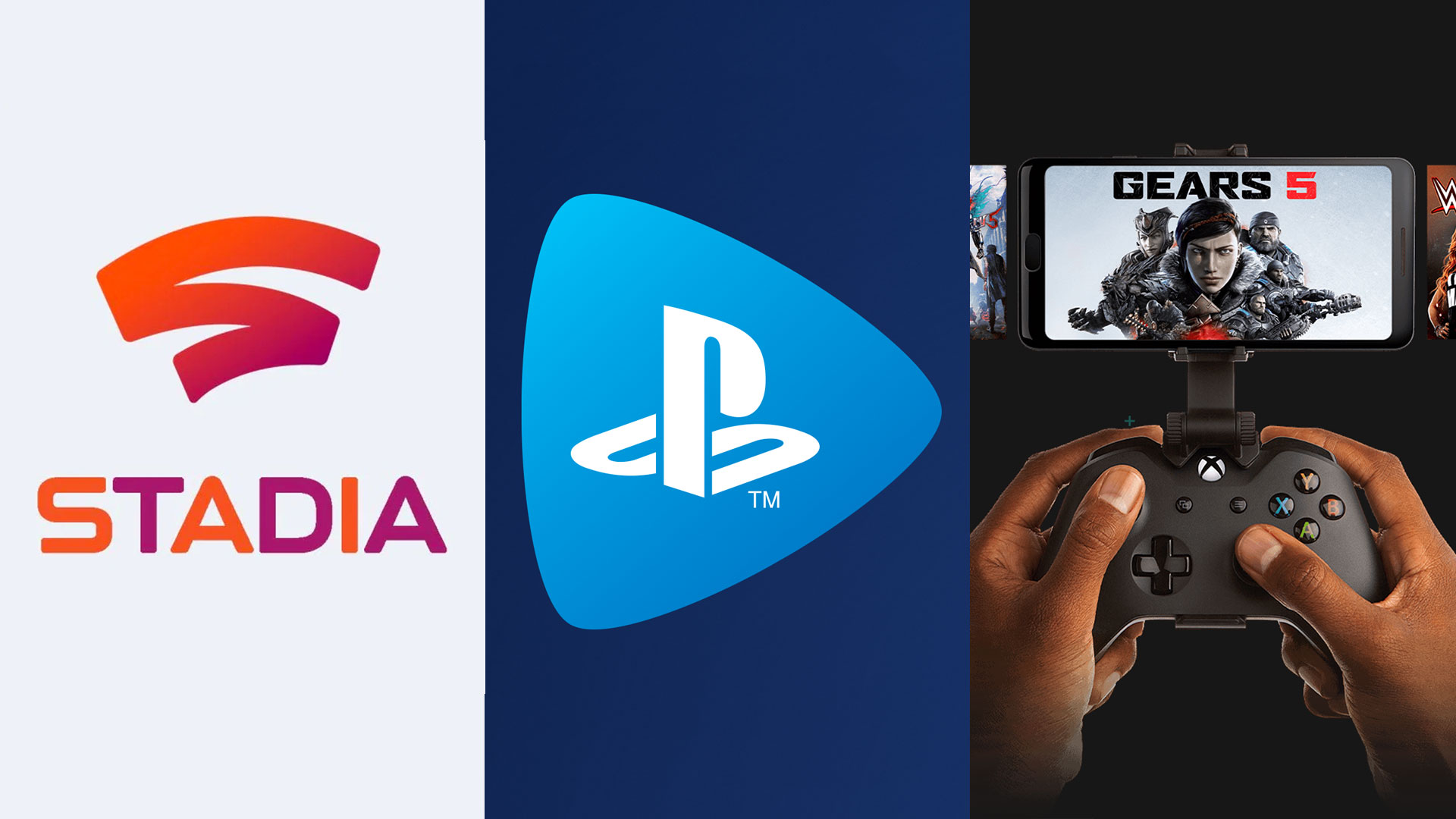
If it seems like a switch has been flipped and suddenly the video game industry is hyper-focused on game streaming, that’s because it sort of is. Though other streaming initiatives have come and gone over the years, such as OnLive and Gaikai, today’s cloud-based torchbearers feel a lot better poised to reach a sustainable audience, at least as a supplementary way to play when you’re away from your console or PC.
But with Google Stadia, Microsoft’s Project xCloud, and PS Now all vying to take the highest honors as gamers look on with healthy skepticism at the streaming future, which service is the best of them? We set out to solve that problem, and the answer will vary depending on who you are. Here’s everything to know when comparing and contrasting Stadia vs xCloud vs PS Now so you can determine which game streaming service is right for you.
Google Stadia vs Project xCloud vs PS Now – Price
Google Stadia
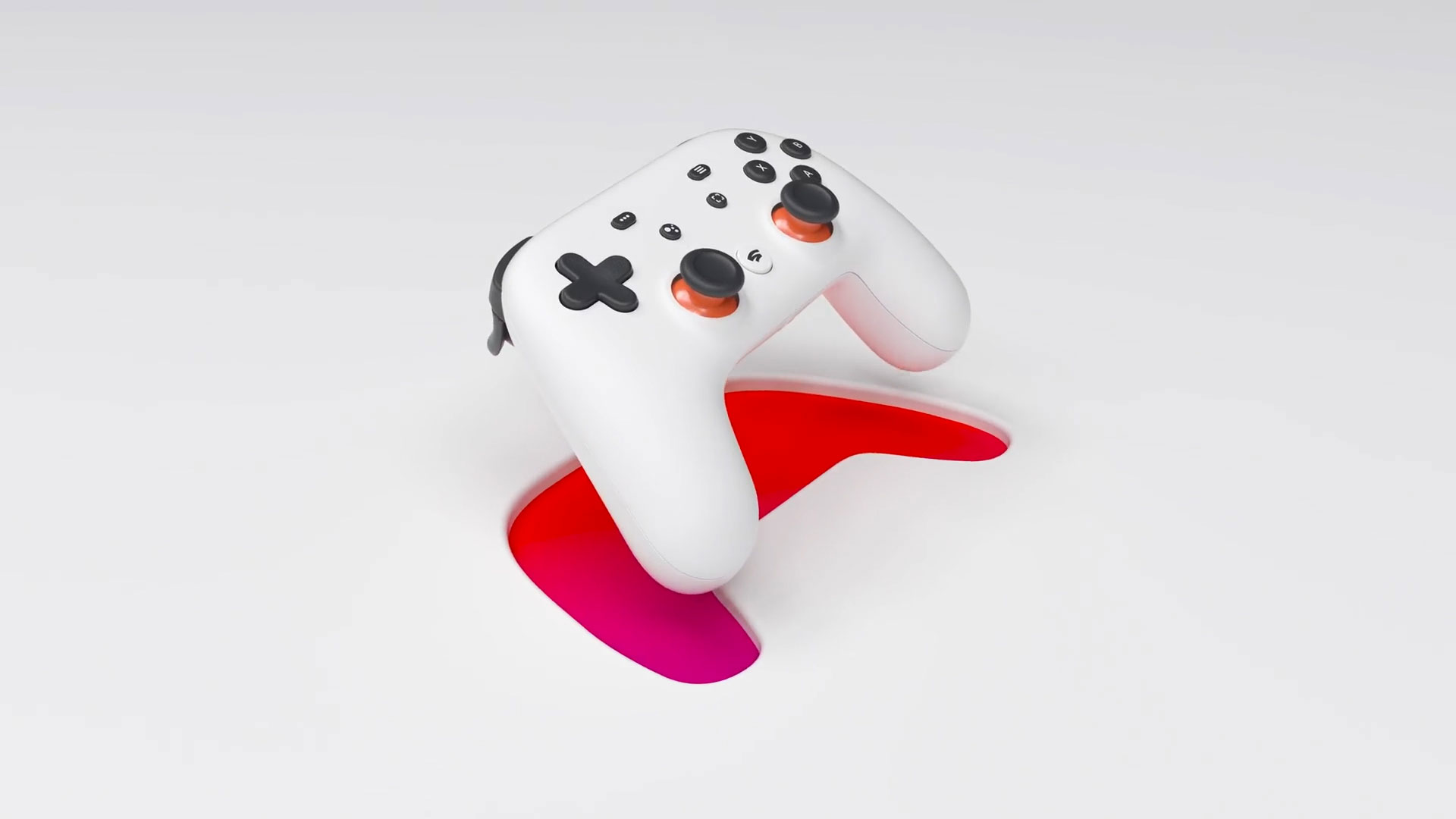
The foremost answer you likely want to know is how much each service will cost you. That answer is a bit messy. Google Stadia, on the surface, seems to offer the lowest price of entry. With no console to buy and controller support for even their competitors’ Bluetooth-enabled gamepads, Stadia, which is really just an app on your phone or TV or a URL on your laptop, will eventually not cost you a dime – until you want to play something. Games are sold a la carte, so you need to buy each game you want at its individual price. Many expected a subscription program like Xbox Game Pass, but so far that’s not what Stadia offers.
They do, however, have a program equivalent to Xbox Games with Gold or PS Plus which grants subscribers two complimentary games per month at $9.99/£8.99 per month. At time of writing, you can’t get into Stadia unless you bought the Founder’s Edition, which is now sold out, or if you buy the Premiere Edition, which is essentially the same package with a different name for not as early adopters. Short of that, only those gifted with early adopters’ Buddy Passes can access Stadia right now. But once it does open up to more people, you won’t need to shell out the $129/£119 for the Premiere package, so as long as you have a compatible controller and a compatible device. Any TVs with HDMI ports will do, and computers need only access a URL.
For phones, more support is coming but for now you’ll need one of Google’s latest phones to play that way, so factor that into your price for entry too. If you have the will to buy games one by one with few exceptions, Stadia could be the cheapest option for players brand new to gaming or those looking to only play a small number of titles.
Project xCloud
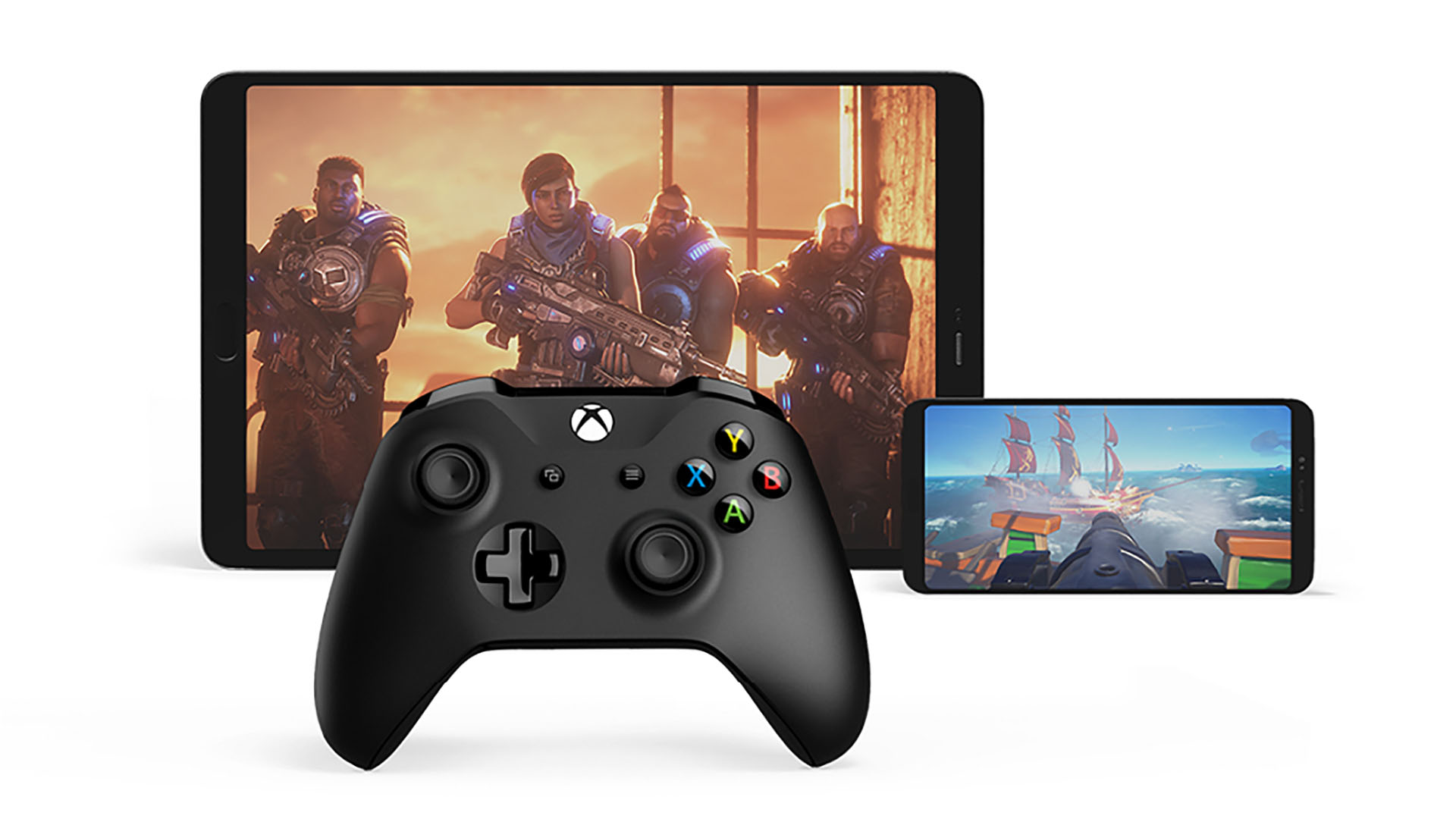
Like Stadia last year, xCloud is currently in a pre-release preview state which means two things as they relate to price:
- It’s totally free right now, provided you sign up and get invited as Microsoft continues to roll out invitations.
- It probably won’t be free forever, but we don’t yet know what xCloud’s price structure will look like.
On the bright side, this means anyone with a Microsoft account can theoretically access xCloud and play games totally for free. In 2020, Xbox Game Pass will come to xCloud testing, and by then it’s likely anyone who isn’t already subscribed will be asked to in order to play those games.
Weekly digests, tales from the communities you love, and more
It’s also unclear how long the turnaround is from applying to be in the preview until getting an invite. The fine print warns of some wait time, but I got in after just a few days. I’m not sure if that’s because they could see I’m already a highly active user who spends a lot of money on Xbox stuff or for some other reasons in the background, but suffice it to say, your mileage may vary when waiting for the invite. Still, this is a preview phase for the Xbox team, so they only benefit from having lots of people in there messing with the emerging tech. It doesn’t hurt to sign up. Note that the preview is only available for Android phone or tablet users currently, and it’s “coming to other devices,” presumably including iOS, in 2020.
Assuming Xbox’s xCloud platform eventually adopts a pricing model similar to its main storefront, you may expect the $9.99/£7.99 per month for Game Pass, $14.99 per month for Game Pass Ultimate or £32.99 per quarter in the UK, which bundles Xbox Live Gold so you can play multiplayer games, and leave everything else a la carte like Stadia. That would make it a bit pricier for some players compared to Stadia, but as we’ll get to in a moment, that comes with far more games too.
PS Now
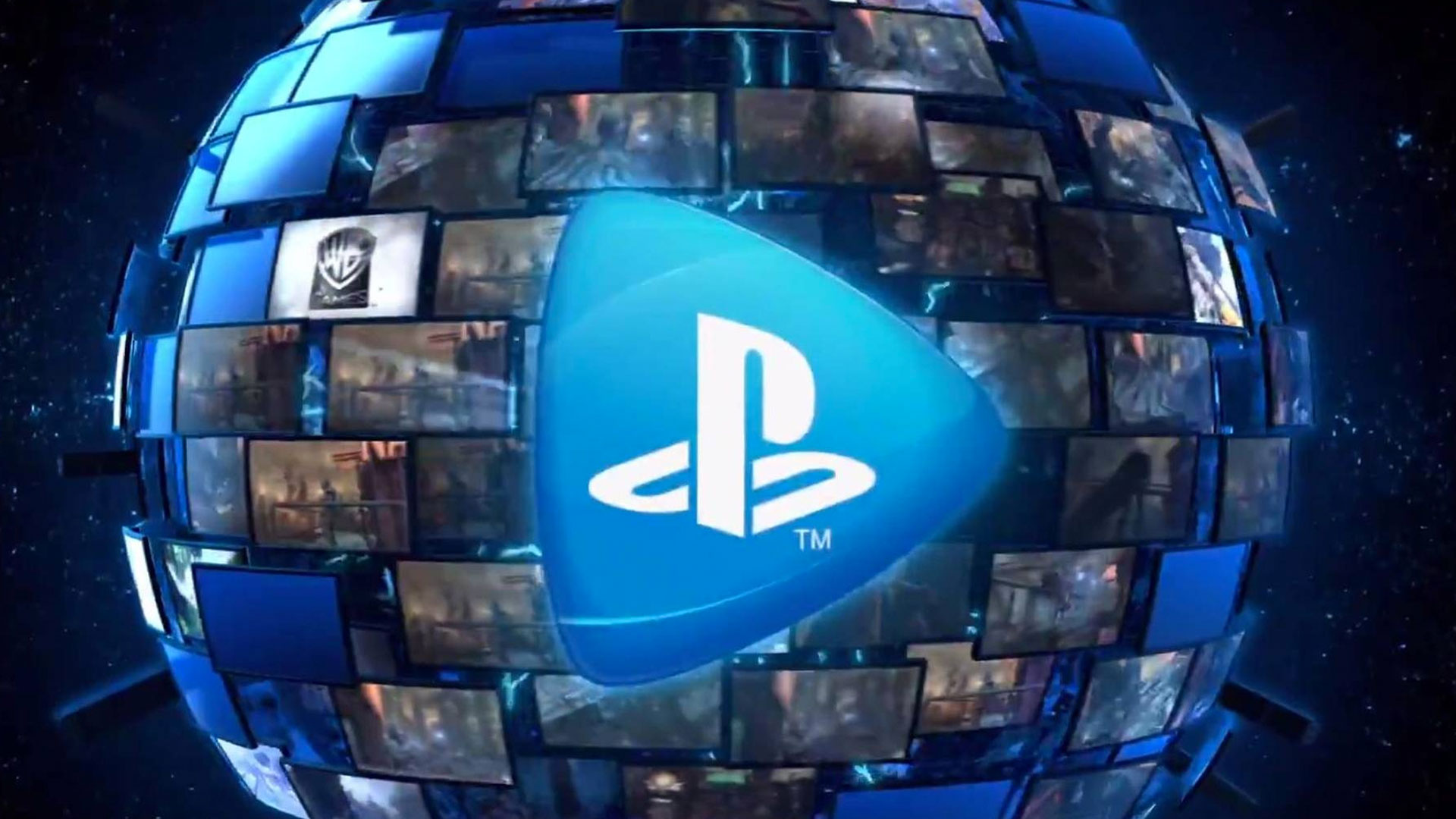
PS Now is a bit different than xCloud or Stadia. Sony offers subscriptions to PS Now of $9.99/£8.99 per month, down from $19.99/£13.99 per month as the service looks to compete with the oncoming cloud-based onslaught from the aforementioned competitors. But, you can’t just stream PS Now to your phone like xCloud, or your phone or tablet or TV like Stadia. To take advantage of your PS Now membership, you’ll want to have either a PS4 or a PC. You can stream anything in the library to PC and on PS4 you can even download some games, making it a much less heralded program than its counterpart Xbox Game Pass. At $9.99/£8.99, the price is competitive and falls in line with the other services, but it’s a hill to climb for some when you first have to have a decent PC or a PS4. That tacks several hundred dollars onto your price of entry, so it’s crucial you know that going in.
You can still stream PS4 games to a compatible smartphone or tablet via the free PS4 Remote Play app on Android and iOS, but this doesn’t include PS Now games, meaning you can only stream games from console to handheld games you already own and have installed on your PS4. That puts it in line with a different Microsoft initiative, Xbox Console Streaming, and it’s something they’ll likely remedy within the next few crucial years, but for now, PS Now has the highest cost of entry for players jumping into games with nothing at home yet.
Google Stadia vs Project xCloud vs PS Now – Games
Google Stadia
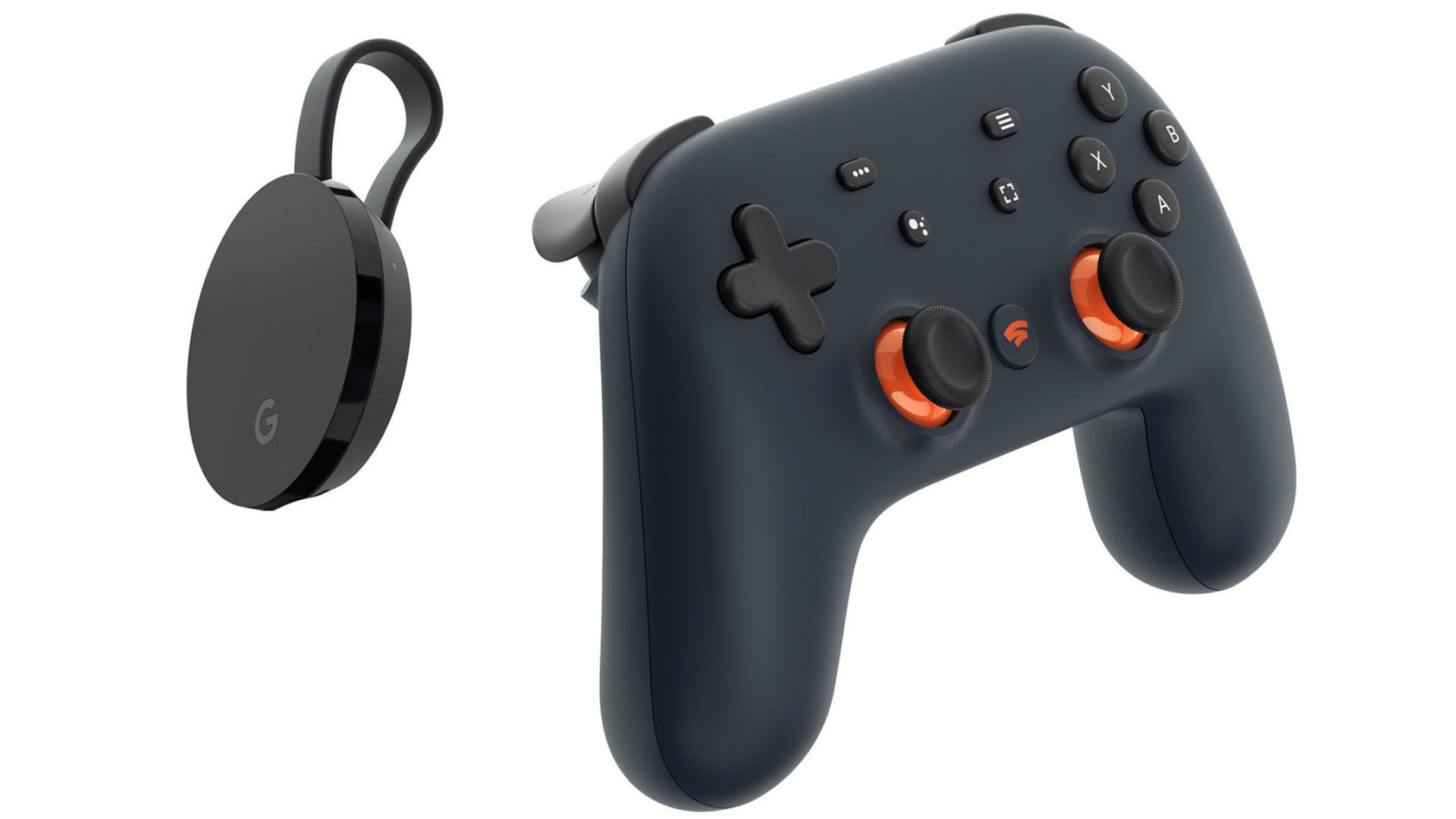
Here’s where the disparity among the different services really starts to show. Fresh off of launch, Google Stadia currently offers 22 games in its library. Between November and December of 2019, four of those will have been given out complimentary for players who subscribe to Stadia Pro. Another four are due to arrive by the end of the year. For now, here’s the full Google Stadia lineup:
- Assassin's Creed Odyssey
- Attack on Titan 2: Final Battle
- Destiny 2: The Collection (available in Stadia Pro November 2019)
- Farming Simulator 2019 (available in Stadia Pro December 2019)
- Final Fantasy XV
- Football Manager 2020
- Grid 2019
- Gylt
- Just Dance 2020
- Kine
- Metro Exodus
- Mortal Kombat 11
- NBA 2K20
- Rage 2
- Rise of the Tomb Raider
- Red Dead Redemption 2
- Samurai Shodown (available in Stadia Pro)
- Shadow of the Tomb Raider: Definitive Edition
- Thumper
- Tomb Raider (available in Stadia Pro December 2019)
- Trials Rising
- Wolfenstein: Youngblood
For someone who keeps up with new releases, this list may seem lackluster as it contains many games a year old or even older, but if you’re looking to jump into games for the first time, this is a solid list of some of the generation’s best games, like Assassin’s Creed Odyssey and Red Dead Redemption 2.
Project xCloud
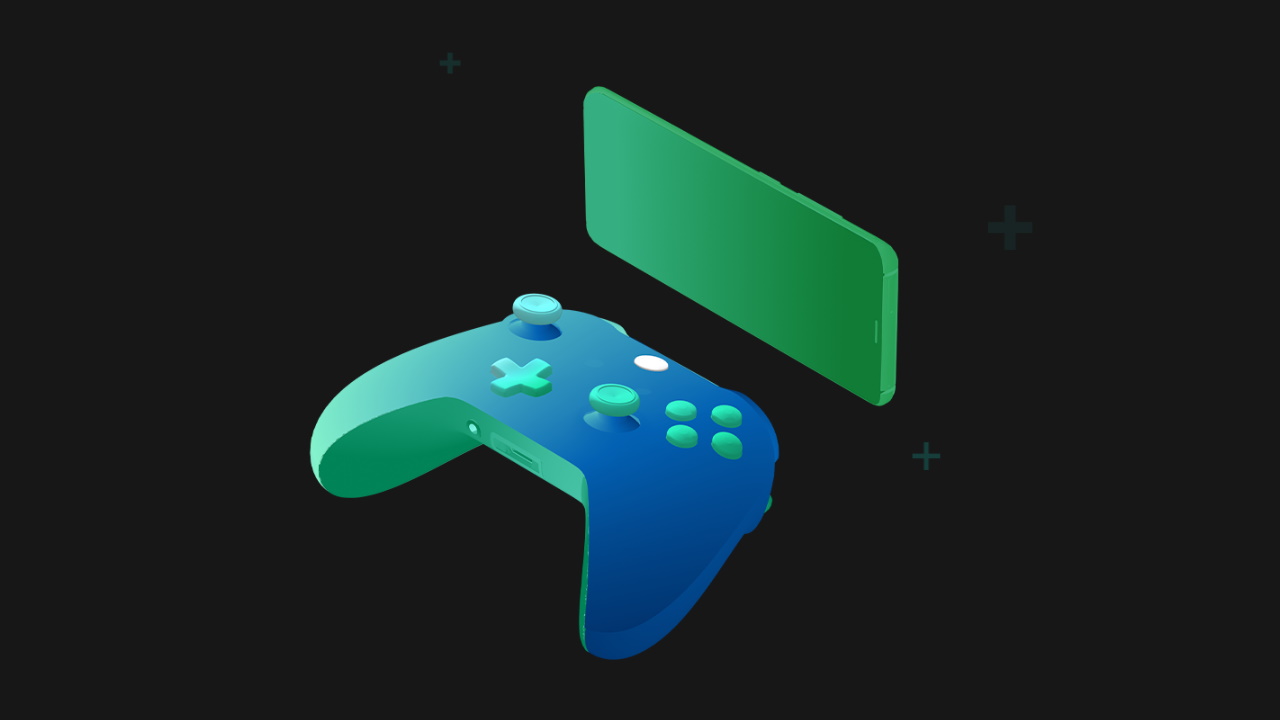
Since xCloud is currently free, its list of 50+ games stands out in comparison to Stadia. Here’s the full list:
- ARK: Survival Evolved
- Absolver
- Ace Combat 7: Skies Unknown
- Battle Chasers: Nightwar
- Black Desert Online
- Bloodstained: Ritual of the Night
- Borderlands 2
- Borderlands: The Handsome Collection
- Brothers: A Tale of Two Sons
- Conan Exiles
- Crackdown 3: Campaign
- Darksiders III
- Dead Island: Definitive Edition
- Devil May Cry 5
- F1 2019
- Forza Horizon 4
- Gears 5
- Gears of War: Ultimate Edition
- Halo 5: Guardians
- Halo Wars 2
- Hellblade: Senua's Sacrifice
- Hello Neighbor
- HITMAN
- Just Cause 4
- Killer Instinct
- Madden NFL 20
- Mark of the Ninja: Remastered
- Mutant Year Zero: Road to Eden
- Ori and the Blind Forest: Definitive Edition
- Overcooked
- Puyo Puyo Champions
- RAD
- ReCore: Definitive Edition
- SOULCALIBUR VI
- Shadow of the Tomb Raider: Definitive Edition
- Sniper Elite 4
- Sea of Thieves
- State of Decay 2
- Subnautica
- Tales of Vesperia: Definitive Edition
- Tekken 7
- TERA
- The Bard's Tale IV: Director's Cut
- theHunter: Call of the Wild
- Vampyr
- Warhammer: Vermintide 2
- West of Dead (BETA)
- World of Final Fantasy Maxima
- World of Tanks: Mercenaries
- World of Warships: Legends
- World War Z
- WRC 7 FIA World Rally Championship
- WWE 2K20
- Yoku's Island Express
With many of its best first-party titles in the program, such as Forza, Sea of Thieves, and Gears, as well as notable third-party games like Madden, Hitman, and Overcooked, xCloud’s preview library looks pretty good right now. It looks better since it’s all free right now too, but remember, that will likely change when the program leaves the testing phase. With Game Pass set to be included in xCloud next year, that will instantly add hundreds more games to the program too. As Xbox publicizes its intent to launch all first-party games day-and-date into Game Pass ast hey hit store shelves, this means sometime next year xCloud players will also have the option of streaming big games directly to their phone or tablet on day one.
PS Now
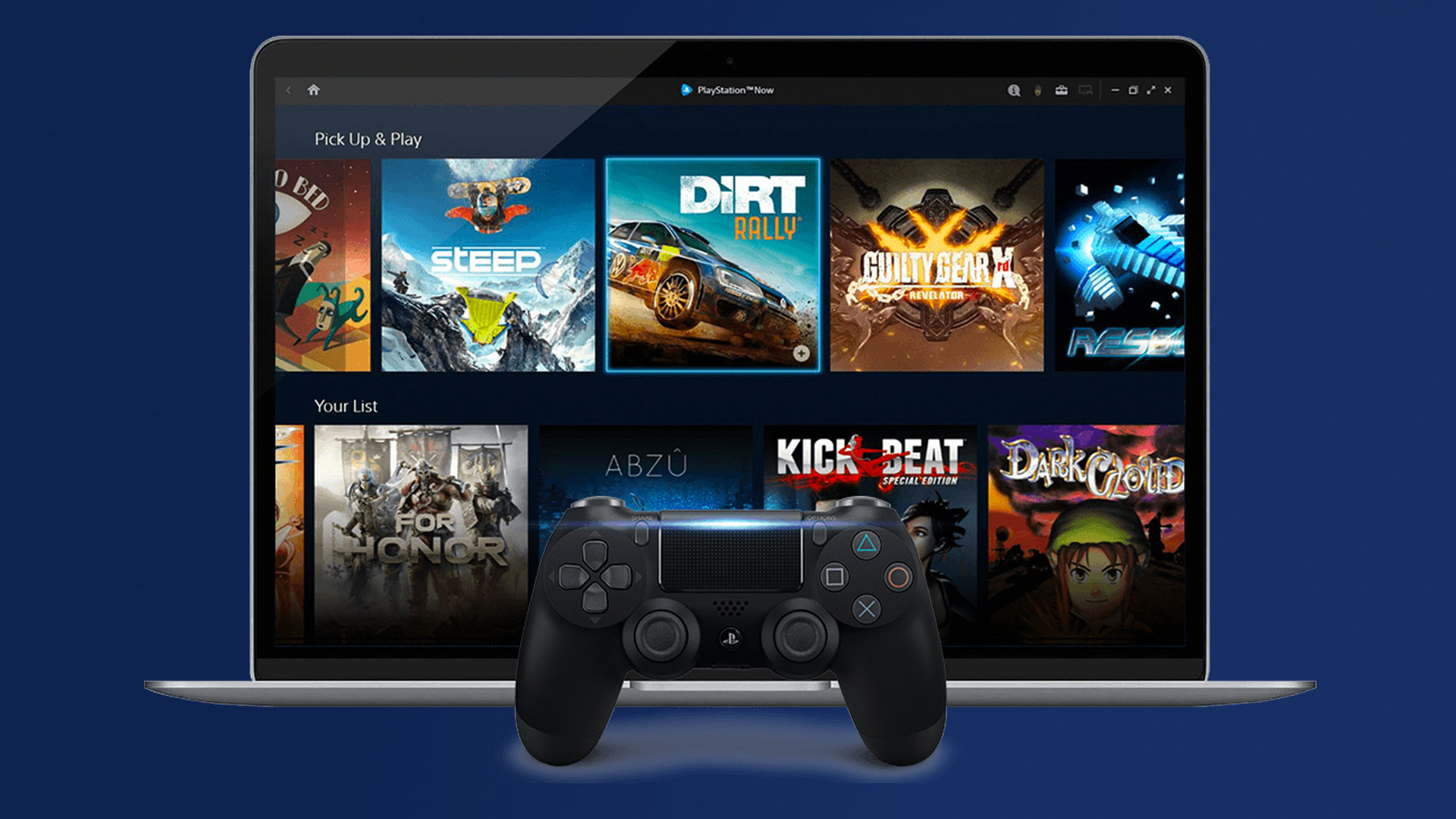
And then there’s PlayStation’s lineup. Its colossal library currently houses over 800 games. Forgive us for not listing them all here, though you can view the whole list on Sony’s website. What’s important to note here is bittersweet, however. While the list dwarves the competition and includes games from most eras of PlayStation history (PS4, PS3, PS2), their stays in the library seem to be shorter than those in the Xbox Game Pass lineup.
Sony recently boasted that massive titles like Uncharted 4, God of War, and Grand Theft Auto V have come to the service, but read a little bit more and you’ll see they’re all due to exit on January 2, 2020 – just a few weeks from now. It seems the marquee additions are more of a holiday promo at a time when Game Pass gets all the press, and we can’t blame Sony for trying since PS Now is a great value too, but their reluctance to offer up their premiere exclusives right away keeps PS Now in the Xbox Game Pass shadow in this regard. PlayStation has long marketed its games with a sense of prestige, and deservedly so, but in the next generation as streaming and services continue to expand, they may need to think about changing their approach.
Google Stadia vs Project xCloud vs PS Now – Stability and Features
Google Stadia
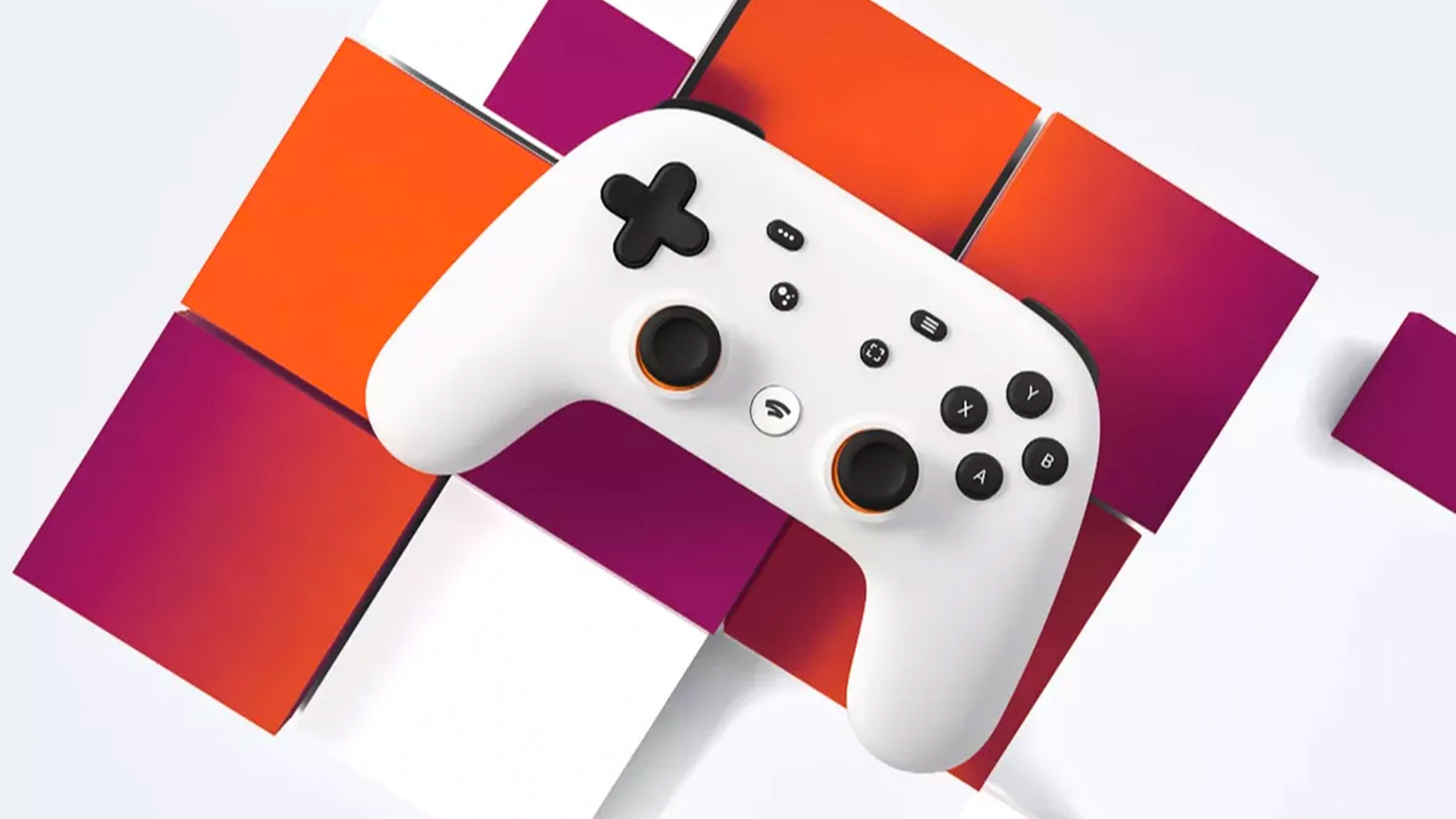
The Stadia launch has been a mixed bag, with some reviewers and early adopters having a hard time getting games to work, while others haven’t seen many issues at all. One aspect most everyone agrees on, however, is its lack of features. Pairing a sparse games lineup with few other features most players would expect, such as an achievement system or game sharing within a family, means Stadia has been declared incomplete at launch. It does already have game chat parties, and you can press a menu button to stream it to viewers. Highlighting its up and down nature, other features like Google Assistant, which has a dedicated physical button on the Stadia controller, doesn’t work yet.
Google has promised a rollout of these and other features in the weeks and months to come, but it’s not been a smooth landing whatsoever for the tech giant as they try and enter the lucrative game industry. For what it’s worth, my personal experience with Stadia has been excellent on a Google phone – less so on TVs or computers. If you happen to have a Google smartphone, Stadia may be worth trying just for that. As I don’t have a gaming PC, the best looking version of Red Dead Redemption 2 I’ve ever seen came on my Pixel 3a XL. It’s awesome, and for me at least, hitch-free.
Project xCloud
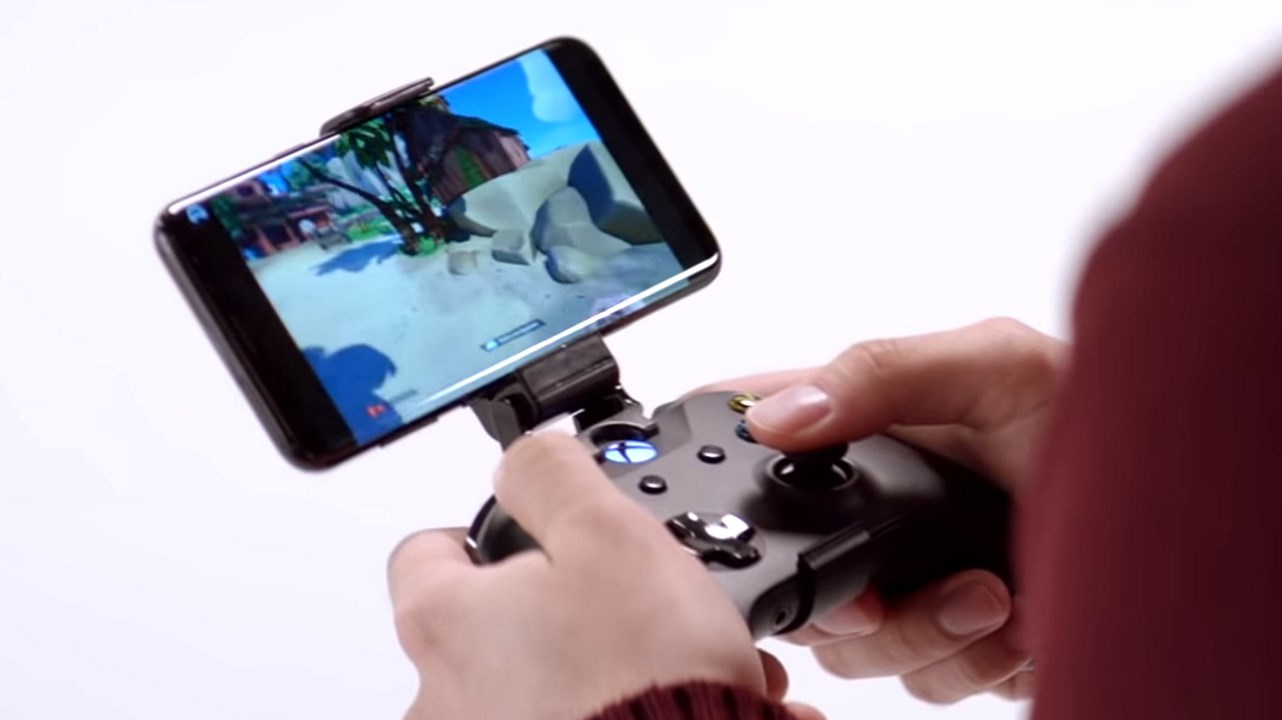
As it’s still in preview, comparing xCloud’s features and functionality is an especially strange comparison. And yet, it works well already anyway, so maybe there’s not much harm in doing so. My game streams on xCloud on the same Google Pixel 3a XL have been just as dazzling and beautiful as those on Stadia with the same device. In both cases, load times are noticeably faster, which is a trend I’m happy to get used to if streaming is here to stay.
xCloud also offers achievement functionality already, as well as party chats, though it’s without any means to screenshot, record video, or apparently invite friends to games or join theirs, even as you can still play online. We’ll have a better idea of its full feature set when xCloud exits preview, likely sometime in 2020, but it’s off to a good start. It benefits from it preview status whereas Stadia, claiming to be in the wild now and feeling sometimes more incomplete, isn’t afforded the same leash.
PS Now
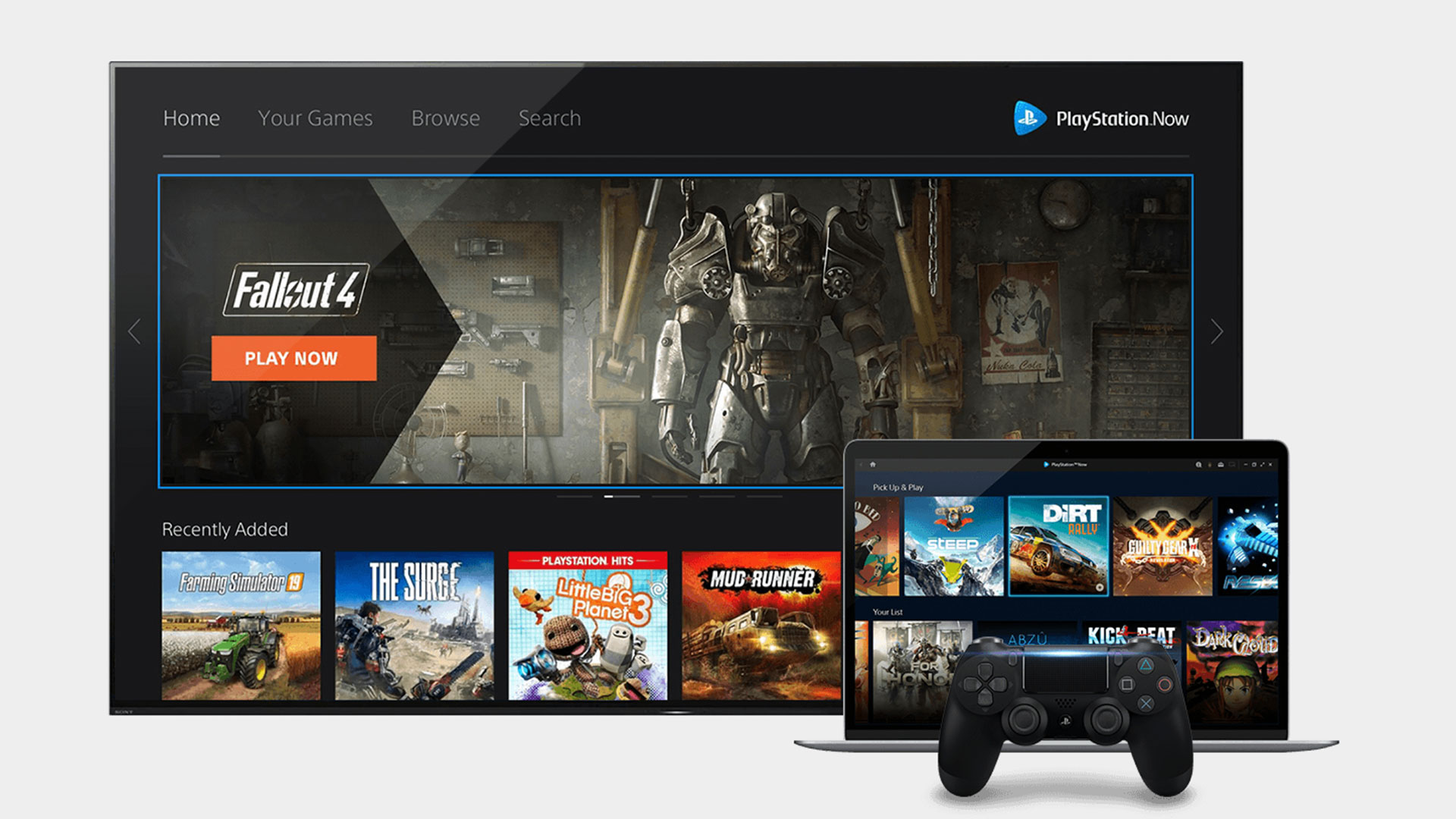
For PlayStation Now, the issue is largely borne of its past reputation. What began as a streaming-only service where exorbitant a la carte pricing gave players bad memories of renting from brick and mortar stores has today morphed into a tremendous service that should be a must-have for longtime PlayStation fans. But because of that early bad press, it remains today, at the end of 2019, a service with subscriber numbers equating to a small fraction of those in Xbox Game Pass, even as PS Now offers many more games and even allows you to download many of them.
The PlayStation bigwigs still need to get over themselves and offer their first-party games sooner if they want to compete with Microsoft directly, but other than that, PS Now packs everything you’d normally get from a PlayStation game and platform, so there’s little to complain about. Like Stadia and xCloud, you results may vary regarding how well games actually stream, but in my experience PS Now, like the others, runs without issues once you get above 40 Mbps, and if you’re going much higher, you’ve got nothing to worry about.
Which streaming service is right for you?
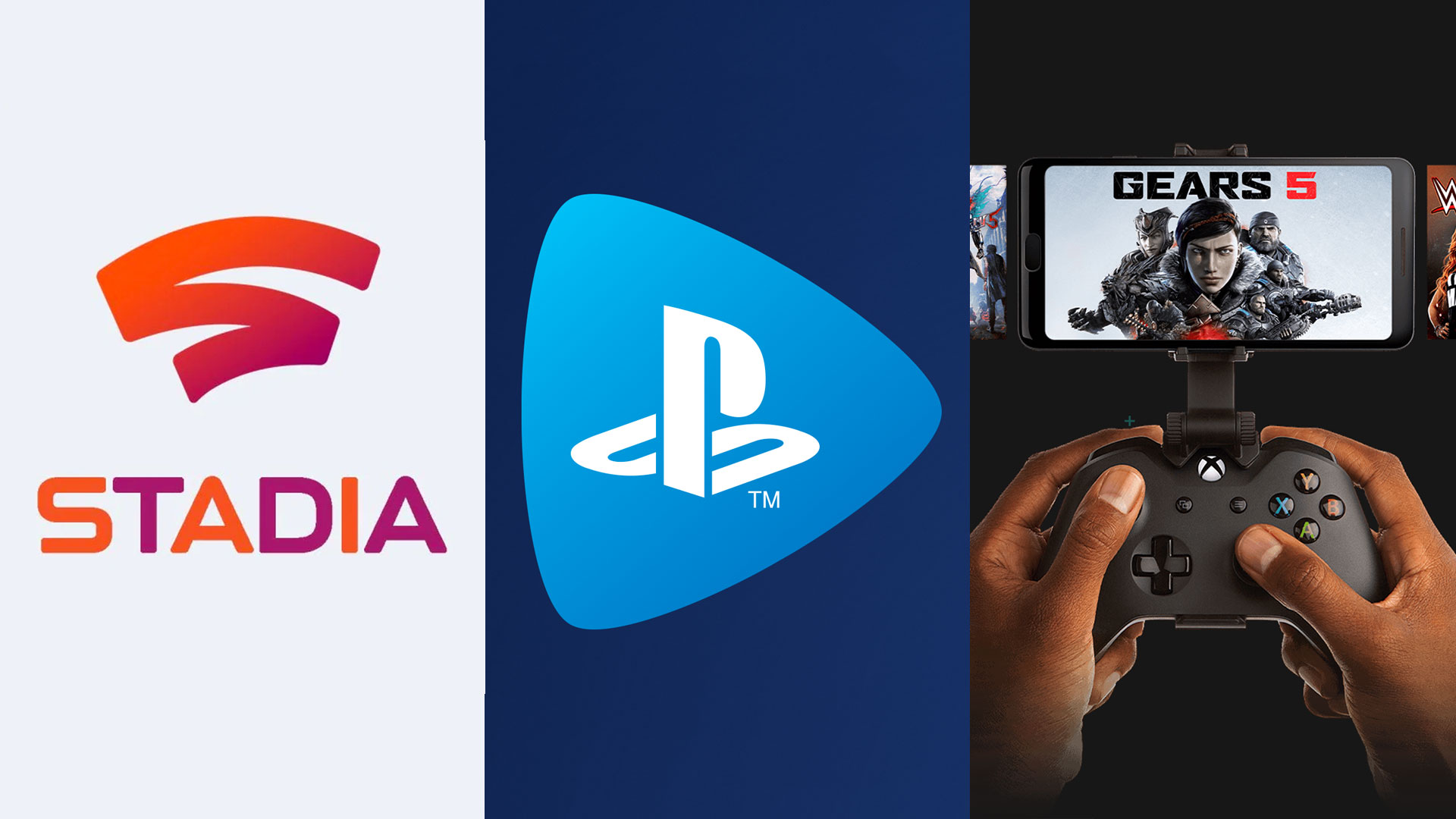
As you can see, it really depends on what kind of gamer you’ve been so far and what kind you see yourself being in the future. The ability to take Xbox or Stadia games with you on any compatible device is awesome. I can attest to the fact that, for me personally, these two platforms have quickly revolutionized what I think of as “mobile gaming.”
Six months from now, it’s likely Stadia offers the cheapest price for entry, but it will also likely come with the smallest library of games and who knows which features will have been rolled out by then. Still, for the Google diehards who want to play across their Chromebooks, Chromecasts, and Pixel phones, Stadia will feel like an obvious call. We recommend Stadia first and foremost to new players who missed this generation and want to catch up with a few of the best games it has to offer.
xCloud is totally free for now, and we predict it will one day be included for Xbox Game Pass Ultimate subscribers. That would make it the priciest of the three services in terms of monthly charges, but it would also come backed by the strongest supported program in the industry in XGP. Microsoft is wrapping up a generation that began in tumult and will end with high praise and it feels like a smart bet to make that they will most carefully nurture their new service as it continues through preview and past launch.
xCloud will one day grant players the Xbox Game Pass library, which regularly includes brand new launch games from first-party studios as well as indies looking to make a splash. That’s a difference worth investing in. Microsoft’s Project xCloud is the safest bet for support and will soon host a much more robust library of games as the test phase moves along. We recommend xClou first and foremost to anyone with a Microsoft account for now. Sign up and give it a try. Once pricing is revealed, it may well be the best value overall, but we have to wait and see.
PS Now has a steep hill to climb to outshine Xbox’s similar services, but with their prestigious first-party games, they certainly could do it. As Microsoft began the generation with messaging problems galore, PlayStation ends the generation with them. PS Now has 800+ games and even allows many games to be downloaded, so it’s ridiculous that the service has so few subscribers.
But PlayStation isn’t an endangered platform, which is more than we can say for Stadia. With time, they’ll figure it out and probably build up a much stronger player base. For now, we recommend PS Now first and foremost to players who already have a PS4 or a gaming PC and adore (or are just curious about) the storied history of the PlayStation brand.
So with all that said, which game streaming platform will you be investing in?
Mark Delaney is a prolific copywriter and journalist. Having contributed to publications like GamesRadar+ and Official Xbox Magazine, writing news, features, reviews, and guides, he has since turned his eye to other adventures in the industry. In 2019, Mark became OpenCritic's first in-house staff writer, and in 2021 he became the guides editor over at GameSpot.


